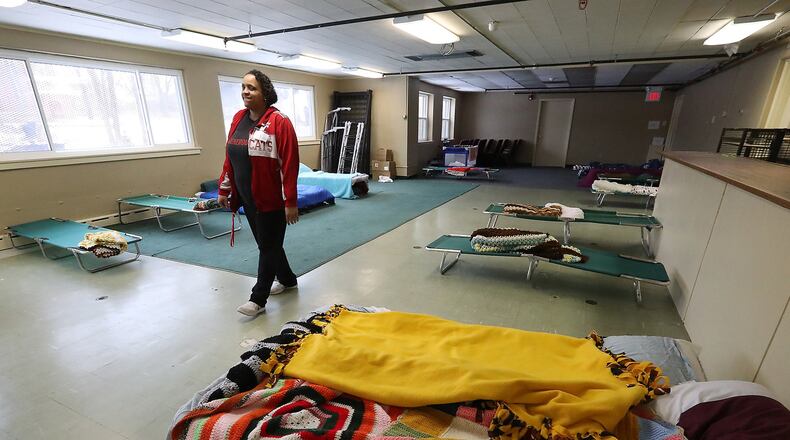It is to be used to support programs that target homeless populations as well as those that are at risk of becoming homeless due to financial hardships caused by the ongoing pandemic, according to a news release from HUD.
The plan is to allocate an additional $2.96 billion in those emergency grants to communities across the country. It is the second funding cycle for those grants using money from the CARES Act.
That act was passed by congress in March and singed into law by President Trump to bring financial relief amid the pandemic.
MORE: Springfield’s Vacant Property Registry: ‘It’s going to be a tough road’
HUD announced that it would allocate $1 billion in those grants in April before announcing a second allocation of $2.96 billion this month.
In all, congress has provided $4 billion for HUD’s Emergency Solutions Grants program designed to help local governments and HUD has allocated a total of $3.96 billion in that funding, according to the news release.
However, regulations on what exactly that funding can go towards or when it will be received by the city has not been announced, said Shannon Meadows, Springfield’s community development director.
“We have received announcements that those funds are being pushed out. But (HUD) has not fully provided what the regulations are on how those funds can be used,” Meadows said Monday.
She said that pertains to the little over $1 million that the city is slated to receive in Emergency Solutions Grants from HUD, including about $561,000 that was announced in April. However, that funding has yet to been sent to the city.
Traditionally money from those grants have been directed by the city to local nonprofits such as the Interfaith Hospitality Network and Project Woman. Both provide emergency shelter and wrap around services associated with it.
However, Meadows said that due to the financial constraints by some residents due to the pandemic, the city is looking at whether money from those grants can be used for other services as well.
That includes programs designed to help residents on the cusp of homelessness stay in their homes. That can include providing rental and utility assistance. She said those allocations would be in addition to programs provided by nonprofits such as Interfaith and Project Woman.
Funding from the Emergency Solutions Grants can be used to provide more emergency shelters for those that are homeless, used to operate emergency shelters, provide hotel/motel vouchers and support programs that aim to provide essential services as well as prevent homelessness, according to the news release from HUD.
However, Meadows said that the city is still waiting on specific clarifications on what programs in the city can receive that funding as well as which programs meet the grant requirements set by HUD.
MORE: Coronavirus: 44,808 cases, 2,700 deaths reported in Ohio
The coronavirus pandemic has had an immediate economic impact in the area.
Elaina Bradley, the executive director of Interfaith Hospitality Network in Springfield, said that her nonprofit has seen a 47% increase in the demand for emergency shelter services in Clark County since March.
She said in order to help curb the spread of the coronavirus, those needing emergency shelter have been placed in off site ones that are not congregant living. Normally, her organization runs a shelter for single males and another for single females as well as families. However, those are currently not being utilized due to coronavirus related concerns.
As of Monday afternoon, there were 103 people in emergency shelters provided through the nonprofit.
Bradley said that Interfaith has also been working on securing grants as well as private donations during the pandemic and have relied on community partnerships to help provide additional services as well as make referrals.
About the Author
